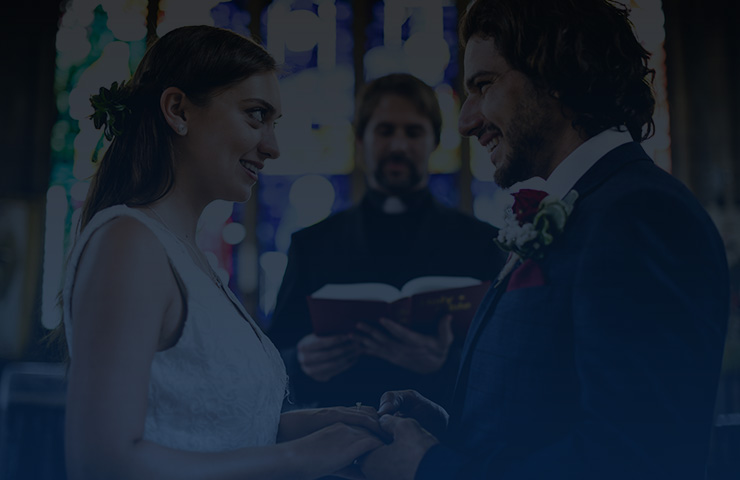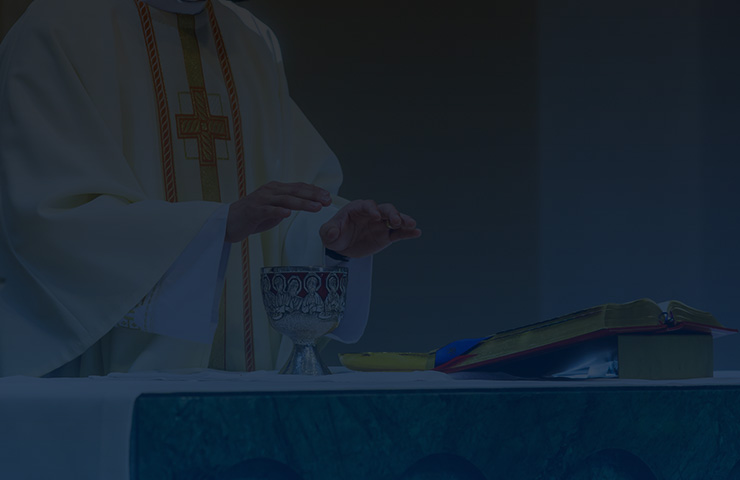
[Safety takes priority; Candles should not go unattended. Placing menorah in a glass case is a good precaution, and protects flames from wind.]
http://www.youtube.com/watch?v=JgyFjvJB_Ig
SIGNIFICANCE
A commemoration of God’s providence and faithfulness towards the faithful of His People, this 8 day holiday is called Hanukkah, meaning dedication, in reference to the rededication of the Holy Temple in Jerusalem in the second century BCE, under the leadership of the priestly warriors known as the Hashmonaiyim.
In the aftermath of defeating the Hellenist persecutors of God’s people, the Hashmonaiyim found the Holy Temple defiled. When they wished to rekindle the holy menorah that is kept within the Temple, they realized there was only enough olive oil in a state of purity to sustain the menorah’s light for a single day. …but the oil remained lit for 8 days, just enough time for preparation of more olive oil in a state of ritual purity, to begin sustaining the menorah’s light perpetually. We therefore celebrate the victory of the righteous of Israel over the oppressive seed of Abraham who had removed themselves from God’s people by defiling themselves through embracing the ‘enlightened’ culture of the ancient Greeks rather than heeding the eternal guidance of our G-d, the Torah.
Given that again in modern times myriads of Jews have abandoned Torah, make the principles of secular-humanism their religion and join hands with those who most passionately fight against even those principles of our Torah that have spread among the nations, the significance of Hanukkah’s true meaning is no less meaningful today than it was over 2,000 years ago.
Do you call yourself a Jew? Did you know that the word Jew, Yehudi, means one who worships and proclaims Yah, the Transcendent Lord of creation? If we call ourselves Jews, we must act according to what the word means. Otherwise, it means nothing.
Let us not be bashful or ashamed to publicly proclaim the sovereignty of Elohei Yisroel, the God of Israel, this and every year, by making the light of Torah known through the lighting of the Hanukkah candle. It’s time to rededicate ourselves to our God, and to learn from the Hashmonaiyim that prayer is only part of bringing about the redemption. We must also take action to sanctify the Name of the Holy One of Israel, to be compassionate toward the downtrodden, and valiant in the face of corruption.
WHO’S OBLIGATED? [top]
Israelite men, women, proselytes, and freed servants, are all obligated in the lighting of the Hanukah candle upon reaching majority, which is 12 for girls and 13 for boys. (compare Hil. Meg. & Han. 3,4 to 1,1; see further 4,9)
Children below this age can be taught to recite the blessings and light their own Hanukkah candles for educational purposes; and it is praiseworthy to do so. However, one cannot not fulfill his obligation to light by relying on a Hanukah candle lit by a child – a girl under 12 or a boy under 13. The one who lights represents those of his household who are obligated in lighting. They fulfill their obligation by relying upon him and say the approriate blessing upon seeing the menorah lit, just as with the obligation to light candles before Shabbath. If, for whatever reason the husband or father is not home, the wife blesses and lights, or one of the children who have reached bar / bath miswa age (13 for males; 12 for females).
WHERE TO LIGHT? [top]
The light of Hanukkah should be placed right outside the entrance to one’s home, at least a handbreadth near the entrance itself, on the left side of the entrance as one enters the home, so that the mezuzah will be on the right side of the entrance and the light of Hanukkah on the left.
If there are multiple entrances to one’s home visible to the public, a Hanukah candle should be placed at each such entrance.
If one doesn’t live ground level, the light of Hanukkah should be placed in a window that faces where the public can see it. A Hanukkah candle that was placed higher than 20 cubits up will not be seen, and is therefore of no consequence.
In circumstances where public display of the Hanukkah candle would be dangerous, one places it inside one’s home, even on one’s own table. However, in such a case, there must be another source of light in addition to the Hanukkah candle, because we are not to use the Hanukkah candle for any other purpose other than to proclaim the providence of God.
WHEN TO LIGHT? [top]
Hanukkah lights should be lit as the sun is disappearing from the horizon. They should not be lit neither earlier nor later than sundown. However, if a person forgot, was prevented, or simply transgressed and delayed, he can still light the Hanukkah lights so long as people are still going about in the public places. If people have ceased going about for the night, the Hanukkah light should not be lit.
When lighting the Hanukkah lights, there should be enough oil or wax to keep the flame going until people are no longer to be found going about outside. Historically, this was until roughly half an hour after sunset.
If the flame went out before people ceased going about outside, one need not light it a second time. If the flame remained alit even after people ceased going about outside, one may extinguish it or move it to another place, as he desires.
Concerning the Sabbath, one must make certain to light the Hanukkah candle BEFORE sunset, and not wait until the last minute. If the sun already set, one is forbidden to light the Hanukkah candle that night, regardless of whether one delayed intentionally or unintentionally.
Similarly, one must make sure not the light the Hanukkah candle at sunset as the Sabbath ends. Rather, at the conclusion of the Sabbath, one must wait until the appearance of three average sized stars before he is permitted to light the Hanukkah candle. The havdala service should take priority, and then the Hanukkah candle lit.
HOW TO LIGHT? [top]
The most basic manner in which one is permitted to observe the lighting of Hanukkah candles is that one light only one candle each night of Hanukkah. According to this method, each household lights only one candle in the appropriate place each night of Hanukkah, regardless of how many people dwell in the home.
One who desires to fulfill the duty of lighting Hanukkah candles more beautifully does so by lighting a number of candles in according to the number of people in his home, whether male or female. If four people dwell in his home, he lights four candles each night, so that even on the 8th night of Hanukkah he only lights four candles, just as he lit four candles on the first night. If there are fight people who dwell in his home, then every night of Hanukkah, he lights only five candles.
However, a person who wants to fulfill the duty of lighting Hanukkah candles in the ideal manner will do as follows:
One the first night, he will light a number of candles according to the number of people dwelling in his home. If four people, four candles. If five people, five candles. However, unlike the previous method, in this choicest manner of lighting, he will each night add more candles according to the number of people in his home. So if his household consists of four people, the first night he lights four candles, the second night eight candles, and so forth, until by the 8th night he lights 32 candles. And if five people dwell in his home, the first night he lights five candles, the second night ten candles, and so forth, adding an additional 5 candles every night, so that by the 8th night he lights 40 candles.
Despite these methods of lighting taught by our Sages, the widespread practice is to light in the following manner, with slight variance depending on whether the family is Ashkenazi or Sefaradi:
Regardless of the number of people dwelling in one’s home, the following pattern is followed…
On the first night only one candle is lit. On the second night two candles are lit – an additional candle added to the left of the location where the lone candle was lit on the first night. On the third night three candles are lit, with one candle added to the left of the location where the new candle was lit on the 2nd night. This pattern is followed so that by the 8th night, a total of 8 Hanukkah candles are lit. Each night care is taken that distinct candle is added near the Hanukkah lights to ensure that if we benefit from the light of the location, we will be benefiting from the non-Hanukkah candle, because we are not to use the Hanukkah candles for purposes other than the proclamation of the miracle of Hanukkah.
As mentioned earlier, this extra non-Hanukkah candle, which is called the “shamash,” is only required by halakha in the case that one lights in his home.
Would it be that we give consideration and priority to the guidance of our ancient Sages over that of popular practice.
BLESSINGS [top]
Whatever method of lighting the Hanukkah candles one chooses, on all 8 nights, before lighting the Hanukkah candles, one first says the following two blessings:
And on the first night alone one also says this next blessing immediately after reciting the first two:
On all 8 nights, those who see the Hanukkah candles, but who did not light, say the following blessing:
And on the first night alone, those who simply see the Hanukkah lights additionally bless:
SPIRIT OF HANUKKAH [top]
Our Sages ordained that the 8 days of Hanukkah be days of rejoicing and praise. In addition to lighting the Hanukkah candles, they are also to be days free of lamentation or fasting.
During these 8 days, we make a special addition to our daily prayers. We add words of gratitude and recollection of the events surrounding the Hashmonaiyim in the 18th blessing of the Amida, as well as in the 2nd blessing of the Grace After Meals, Birkath ha-Mazon. In the spirit of gratitude and proclaiming God’s greatness during this time, there are also special Torah readings done during communal worship all 8 days of Hanukkah.
HALLEL [top]
And just as with the Biblically mandated Holy Days, our Sages also decreed that whether one prays alone or with the community, Ps. 113-118 be recited in full, in praise of the Living God, our Deliverer, and preceded with the blessing:

